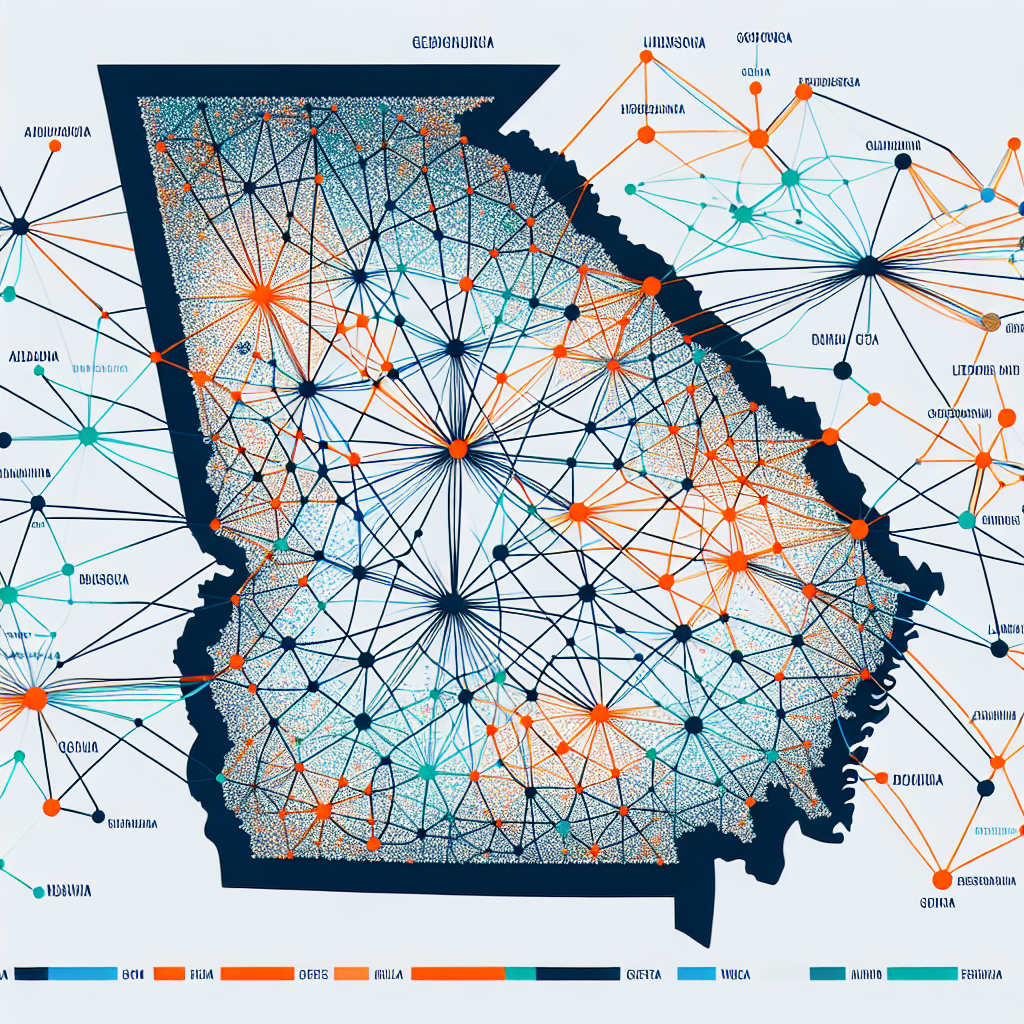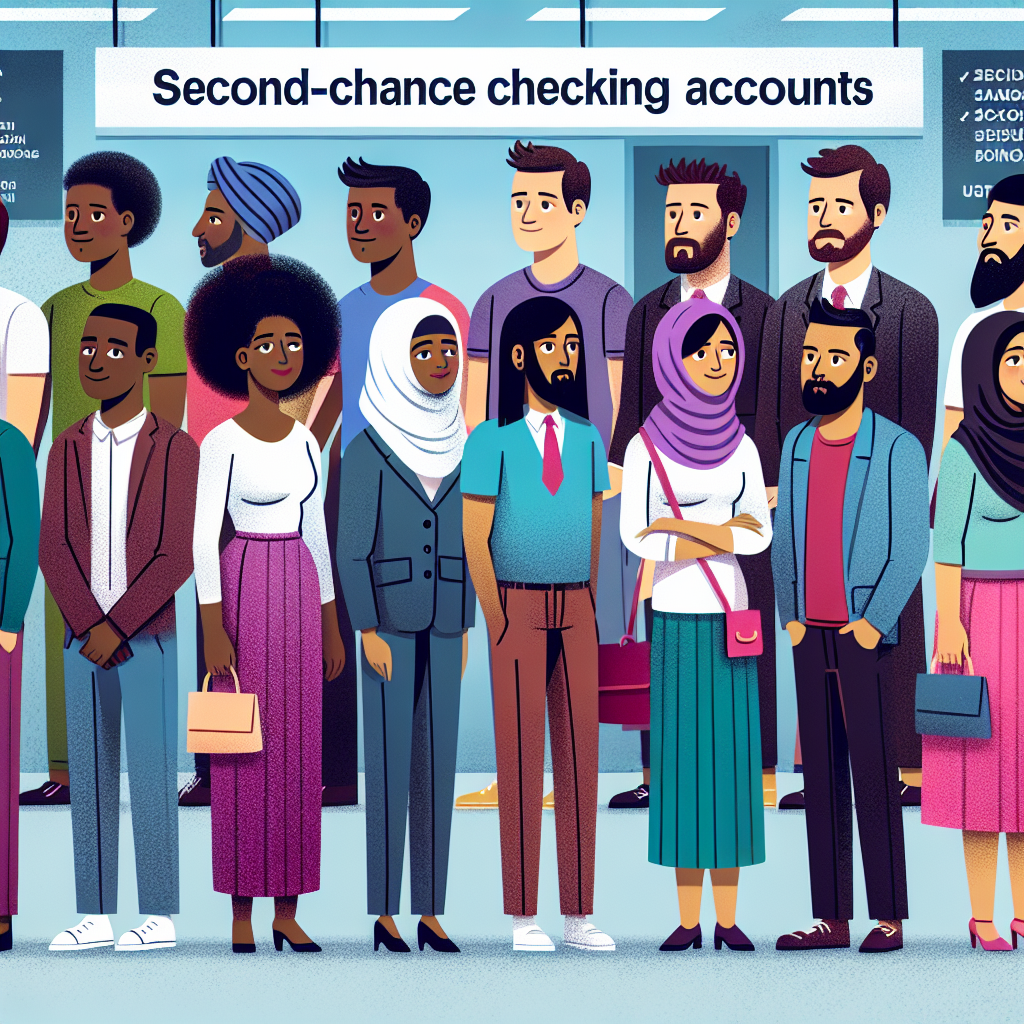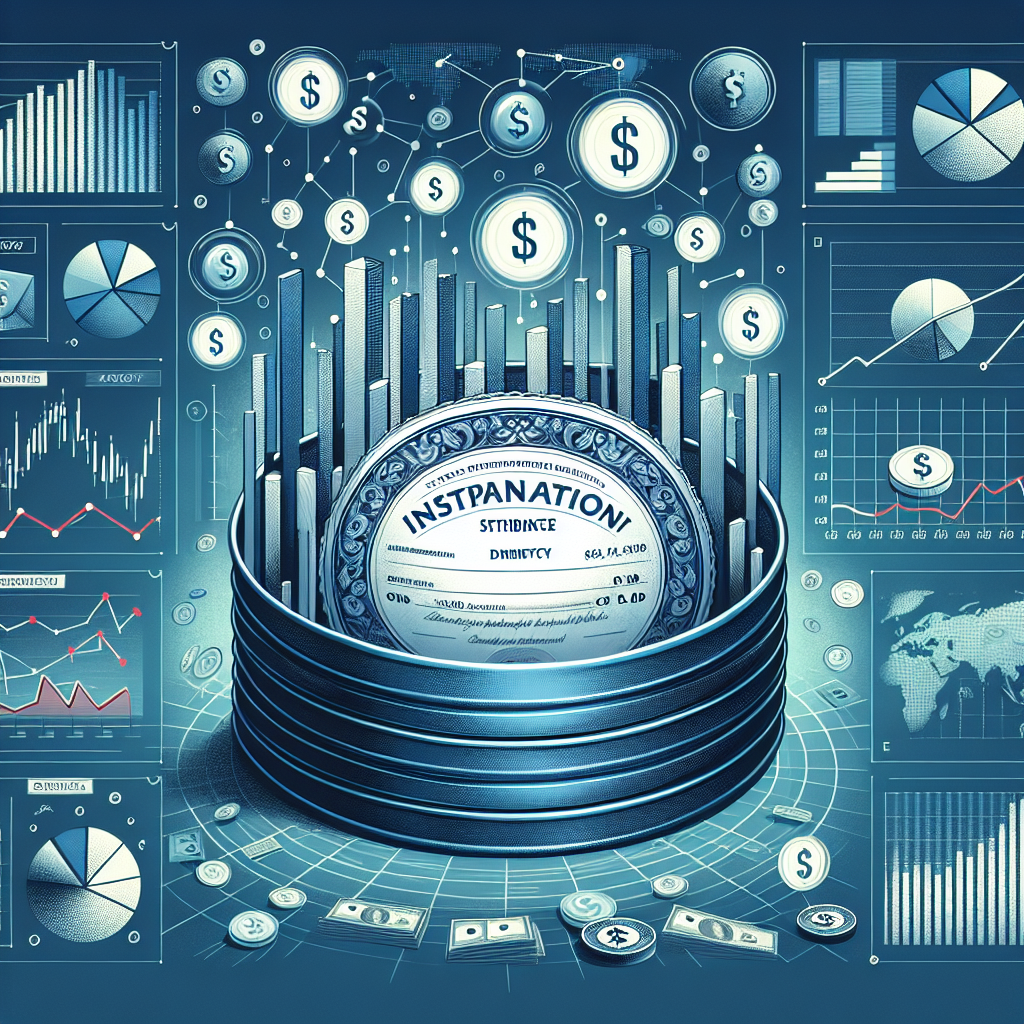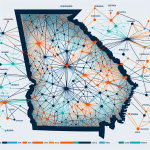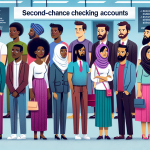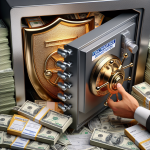Essential Insights
- Some service providers welcome credit card payments for bills.
- Paying bills via credit card offers perks like ease, spending oversight, and potential rewards.
- Beware of convenience charges, which can eat into any benefits, typically ranging from 1% to 3% of your total.
- If you struggle with credit card balances or tend to overspend, opting for debit or cash might be wiser.
The appeal of credit cards largely rests on the smoothness they bring to financial transactions. Instead of juggling multiple payments, you simply swipe and settle everything in one monthly invoice. Subscriptions, for instance, can be set to auto-pay, sparing you the headache of manual tracking.
Yet, while many crave to extend this convenience to all their monthly expenses, there lurks the risk of spiraling into unwanted debt if you don’t clear your balances promptly.
Before diving into the habit of paying bills with plastic, crafting a solid strategy around which cards to deploy, which bills to charge, and how to tackle repayment deadlines is crucial.
Can You Actually Use a Credit Card to Pay Your Bills?
If your provider throws that payment option your way, then yes. Utility fees, insurance premiums, streaming subscriptions — these are often fair game.
Mind you, some services might tack on a “convenience fee” for credit card payments, sometimes nudging your bill up by 1 to 3 percent. That extra cost might steal away your rewards or make the whole exercise less worthwhile.
Why Bother Using a Credit Card for Bills?
There are definite perks that sometimes tip the scales:
Ease and Simplicity: Settling a lump sum credit card bill monthly beats juggling cash or balancing those checkbooks endlessly. It centralizes your payments, making life less cluttered.
Rack Up Rewards: Credit cards with rewards schemes hand you points, miles, or cash back on every dollar shelled out. Many cards even tempt you with sign-up bonuses—often around $200—when you hit a spending target in the initial months. Slotting your usual bills under this umbrella can fast-track those perks.
Keep Tabs on Spending: Combining all purchases on a single statement helps budget-watchers see where their money flows and spot unnecessary outlays easily.
Extra Protections: Cardholders often enjoy extras like travel insurance, extended warranties, or purchase protection, plus perks like streaming credits simply for paying with plastic.
Quick Fact: According to recent statistics, about 62% of American households carry at least one credit card, and roughly 45% of total consumer expenditures are charged via credit cards, highlighting their importance in everyday finances.
The Flip Side: Potential Pitfalls of Credit Card Bill Payments
Consolidating all expenses onto one credit card can lead to a dauntingly high balance, making the monthly bill intimidating or tough to clear at once. Key red flags include:
- Lack of Full Monthly Repayment: Unlike fixed-rate loans with predictable payments, credit cards usually carry steeper APRs, making unpaid balances spiral quickly.
- Crippling Existing Debt: Already swimming in high-interest debt? Tossing bills onto a credit card can worsen the situation. Aim instead to lower your debts before expanding your credit footprint.
What Kinds of Bills Can You Charge to a Credit Card?
While it varies by provider, here are some common options you might explore:
Mortgage or Rent Payments
Direct credit card payments for rent or mortgages are rare, but third-party platforms may offer solutions—though they tend to slap on transaction fees. A handful of credit cards specifically cater to rent payments, offering rewards in the process.
Utility Services
Electricity, gas, water bills—some utilities permit credit card payments without extra charges. The easiest way to find out? Dive into your online account or call customer service.
Subscription Services
Perfect for credit card payments, subscriptions typically come with no additional fees. Plus, certain cards provide cash back or credits toward services like Disney+ or grocery deliveries, sweetening the deal.
Insurance Premiums
Home, auto, or health insurance payments might be payable via credit card without penalties. Checking with your insurer can clarify feasibility.
Childcare and Daycare
Depending on the provider, you might charge daycare, summer camps, or after-school programs to your card, especially if dealing with larger childcare chains.
Tax Bills
Credit card payments for taxes are possible but typically incur fees—federal tax payments, for example, attract fees starting around 1.75 percent.
Cellphone, Internet, and Cable Bills
Charging these telecom and entertainment bills to your card is often fee-free and can earn rewards. Some cards even offer special bonuses for such payments.
How to Settle Bills Using a Credit Card
For certain payments, like auto loans or student debt, the straightforward credit card route might be closed. That’s when third-party payment services step in, though their fees often dilute any credit card rewards you gain. Also, remember: you can’t pay off one credit card bill using another credit card directly.
Paying in person usually involves swiping or dipping your card. Online bills might need you to enter your card info on a portal, or sometimes, you can call and provide card details over the phone.
Frequently Asked Questions
Is Using a Credit Card for Bills Generally Advisable?
There’s no one-size-fits-all answer. Smaller, steady expenses like phone bills, streaming, and subscriptions are good candidates. For heftier payments, make sure you can pay the bill in full to avoid long-term debt traps.
Is It Secure to Use Credit Cards for Bills?
Yes. Credit cards come with zero liability fraud protection, which is often stronger than that offered by debit cards or other payment methods.
Which Bills Should You Steer Clear of Charging to a Credit Card?
If you can’t immediately pay off the charge, avoid putting big items like rent or student loans on your card. Also, stay away if the payment includes steep convenience fees that outweigh any perk.
Final Thoughts
Being mindful of potential fees and staying disciplined in paying your balance in full and on schedule can turn credit card bill payments into a tool for convenience, credit score improvement, and financial control—without slipping into long-term debt.

